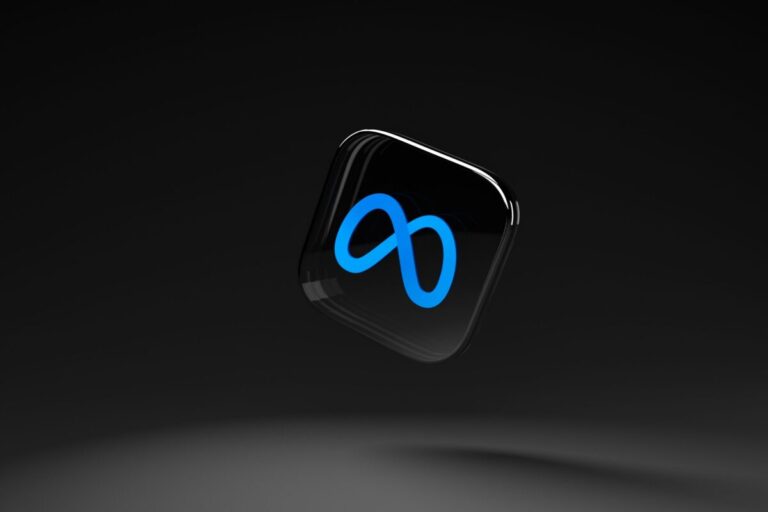In a significant development, social media giant Meta (formerly Facebook) reached a settlement on January 31, 2025, in a lawsuit filed by former U.S. President Donald Trump. The lawsuit, originally filed in 2023, was triggered by the suspension of Trump’s Facebook and Instagram accounts following the January 6, 2021, attack on the U.S. Capitol. After a lengthy and contentious legal battle, the settlement brings an end to the dispute, with both sides agreeing to terms that could have far-reaching implications for the regulation of political content on social media platforms.
Settlement Details: $25 Million and Account Reinstatement
As part of the settlement agreement, Meta has agreed to pay $25 million to Donald Trump. Most of this payment will be allocated toward the funding of his future presidential library and digital archives. This payment is seen as a compromise between the two parties, with Meta avoiding a lengthy court case while addressing Trump’s concerns over the suspension of his social media presence.
Additionally, Meta has agreed to reinstate Trump’s social media accounts, allowing him to once again use Facebook and Instagram as platforms for communication. However, the company has imposed certain content restrictions as part of the settlement. These restrictions aim to prevent any future violations of Meta’s terms of service, particularly regarding issues such as incitement of violence and spreading misinformation.
The Lawsuit: Free Speech vs. Platform Responsibility
The legal battle between Trump and Meta raised important questions about free speech and the role of social media platforms in regulating online content. Trump’s legal team argued that the suspension of his accounts violated his First Amendment rights, asserting that social media platforms, as modern public forums, should not have the power to silence political figures or stifle free expression.
On the other hand, Meta defended its actions by citing the potential risks of inciting violence and spreading misinformation. The company pointed to the events surrounding the January 6 Capitol riot, where Trump’s posts were seen by many as contributing to the escalation of the violence. Meta had initially suspended Trump’s accounts indefinitely, citing concerns that his content could further incite violence and undermine democratic processes.
Mixed Reactions to the Settlement
The settlement has sparked mixed reactions across the political spectrum and among legal experts. Supporters of Trump have hailed the agreement as a victory for free speech, arguing that it represents an important step in holding social media companies accountable for their content moderation practices. Many of Trump’s allies see the settlement as a win in the ongoing fight against what they perceive as censorship by big tech companies.
However, critics argue that the settlement could set a dangerous precedent for allowing high-profile individuals, particularly politicians, to bypass platform rules and guidelines. Some fear that it could embolden other influential figures to push the boundaries of acceptable content on social media, knowing they can challenge the platform’s decisions in court.
Broader Implications for Social Media Regulation
This settlement also raises broader questions about the regulation of digital platforms and their growing influence over public discourse. Social media companies like Meta have become key players in shaping the flow of information, particularly during elections and political crises. As platforms wield significant power in deciding what content is allowed and what is censored, many are calling for stronger oversight and clearer regulations to ensure that these platforms operate fairly and transparently.
Experts predict that this case could lead to more legal challenges involving social media content moderation, as well as increased calls for government intervention. There is growing debate about whether tech companies should be treated as public utilities, with more stringent requirements for how they manage content and interact with users. Some argue that clearer guidelines and independent oversight are necessary to prevent the concentration of too much power in the hands of a few tech giants.
The Road Ahead
With Trump’s social media accounts reinstated, the question remains whether Meta will continue to enforce its terms of service consistently, particularly as Trump’s content could once again spark controversy. The settlement sets the stage for future disputes over social media governance, especially as politicians and public figures increasingly rely on these platforms to engage with voters and the public.
As the legal landscape surrounding social media platforms continues to evolve, the balance between protecting free speech and ensuring responsible content moderation will be a key issue. The settlement between Meta and Trump highlights the ongoing tension between corporate responsibility and individual rights, setting the stage for future debates on the role of tech companies in shaping public discourse and political engagement.


